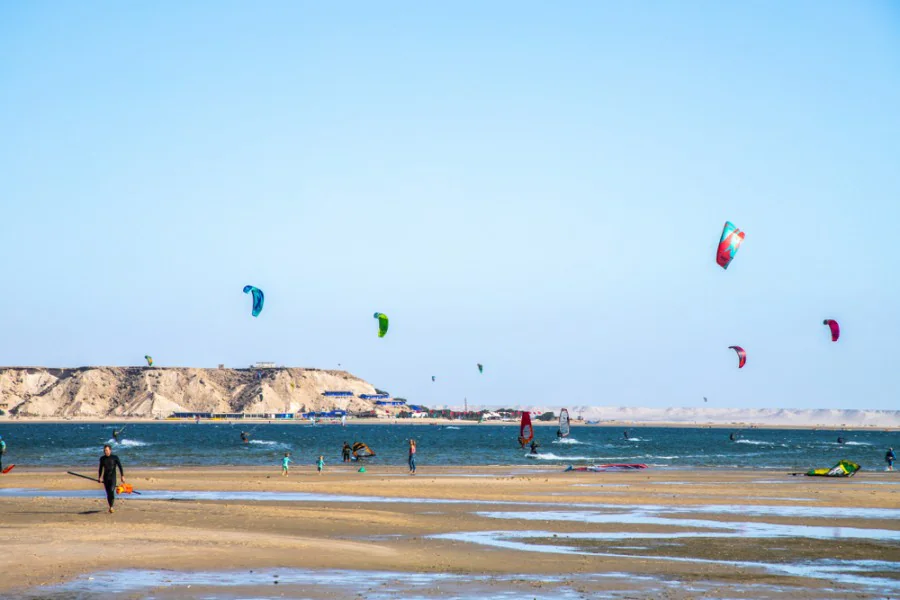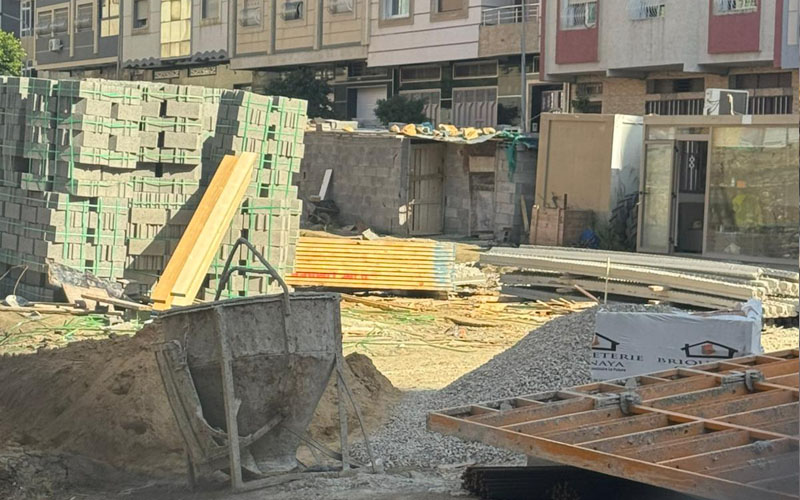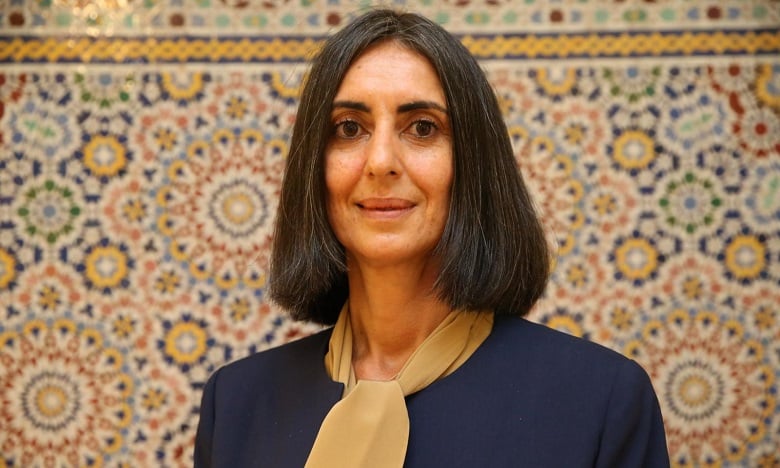On August 14 of each year, Morocco observes an important national occasion commemorating the return of the Tarfaya region in 1979. This event is recognized as part of Morocco’s efforts to restore its sovereignty over its southern territories.
This day, designated as an official holiday, holds symbolic and historical significance, highlighting Morocco’s diplomatic and popular efforts to reinforce its territorial unity.
### Background of the Return of Tarfaya
On August 14, 1979, Morocco witnessed a significant event when a delegation of dignitaries and elders from the royal court in Rabat visited the Tarfaya region to reaffirm its affiliation with the Moroccan kingdom. This delegation, which included representatives from the region’s residents, expressed their desire to return to Moroccan sovereignty, following diplomatic negotiations after the Madrid Agreement of 1976, which had assigned the region to Mauritania.
The return of the region was signified by the raising of the Moroccan flag in the city of Dakhla, the capital of Tarfaya, as an official signal of its re-integration into Morocco.
### Official Holiday
August 14 is considered an official holiday in Morocco, celebrated with formal and popular events across the country, particularly in the Tarfaya region. Celebrations typically feature cultural performances that showcase Hassani heritage, alongside activities that bolster national identity.
This day serves as an opportunity to reflect on the historical importance of the region’s return and to affirm national unity.
### Developments in the Tarfaya Region
Since its reintegration, the Tarfaya region, particularly the city of Dakhla, has experienced notable economic and social developments. These developments include infrastructure projects such as the Tiznit-Dakhla highway and the Atlantic Dakhla port, aimed at enhancing maritime trade. There has also been a focus on renewable energy through the establishment of wind and solar farms, as well as the development of the fishing and eco-tourism sectors. These projects aim to promote sustainable development and improve living standards in the region.
Source
















